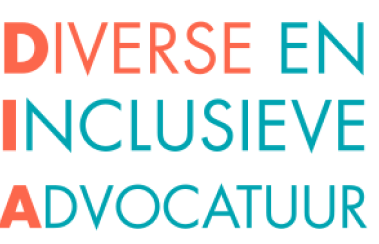Alternatives to succession planning after closure of the ‘cheese route’ loophole
In Belgium there is a fundamental legal obligation to have donations made through a notary. A gift through a notary is often appropriate when the donor wishes to include certain clauses in the deed of gift (reservation of usufruct, condition precedent, stipulation of return in case of predecease, etc.).

In addition, a gift through the notary obviously has great evidential value. However, this is relevant only with respect to civil law and has nothing to do with taxation. An important exception to this can be made for donations of movable property by manual gift, gift by bank transfer or indirect donation (see below).
A donation made through a Belgian notary must always be registered, which means that gift tax is owed on the donation.
For this reason (until recently), a Dutch notary was often called upon to handle a gift of movable property. This gift via a Dutch notary – in contrast to a gift via a Belgian notary – did not have to be registered in Belgium and therefore no gift tax had to be paid.
This way of donating was also known as the ‘cheese route’. In the Act of 15 December 2020, the ‘cheese route’ was restricted by the legislator.
Since the change to the law, all foreign notarial deeds that form the title for a gift among the living of movable property by a Belgian resident must be registered in Belgium. This registration entails the levy of gift taxes.
The change in law applies not only to Dutch gifts, but to all foreign notarial gifts, regardless of the country where the deed is executed.
Due to this change to the law, it therefore makes no difference whether the gift is made through a foreign or Belgian notary. All gifts from Belgian residents that are made through (a Belgian or foreign) notary must be registered. However, it is still possible to make a gift through a Dutch notary. One reason for this could be the cost. Sometimes the cost price of a Dutch notary is lower than that of a Belgian one.
However, it should be emphasised that only notarial gifts are targeted by this law. In other words, it is still possible – under certain conditions – to donate without going through the notary and therefore not having to pay gift tax.
What alternatives are there to give tax-free?
After all, a gift in Belgium is not always subject to the gift tax, unless the gift is compulsorily or spontaneously presented for registration.
Private manual gifts (hand to hand donation), gifts by bank transfer (donating money or securities by bank transfer), and indirect gifts are not affected by this law and (still) do not be need to be registered and therefore subjected to a gift tax. In Belgium, a securities portfolio of 10 million euros can be easily transferred by bank transfer, without having to go abroad and without having to consult a notary. This is subject to the condition that the donor continues to live for at least 3 years (or 7 years in the case of a gift of shares of family companies). If this is not the case, the gift will be deemed never to have left the donor’s estate and the gift will be subject to the inheritance tax rates.





![[:swvar:ufile:12:description:]](/swfiles/files/Vector.png?nc=1712174580)